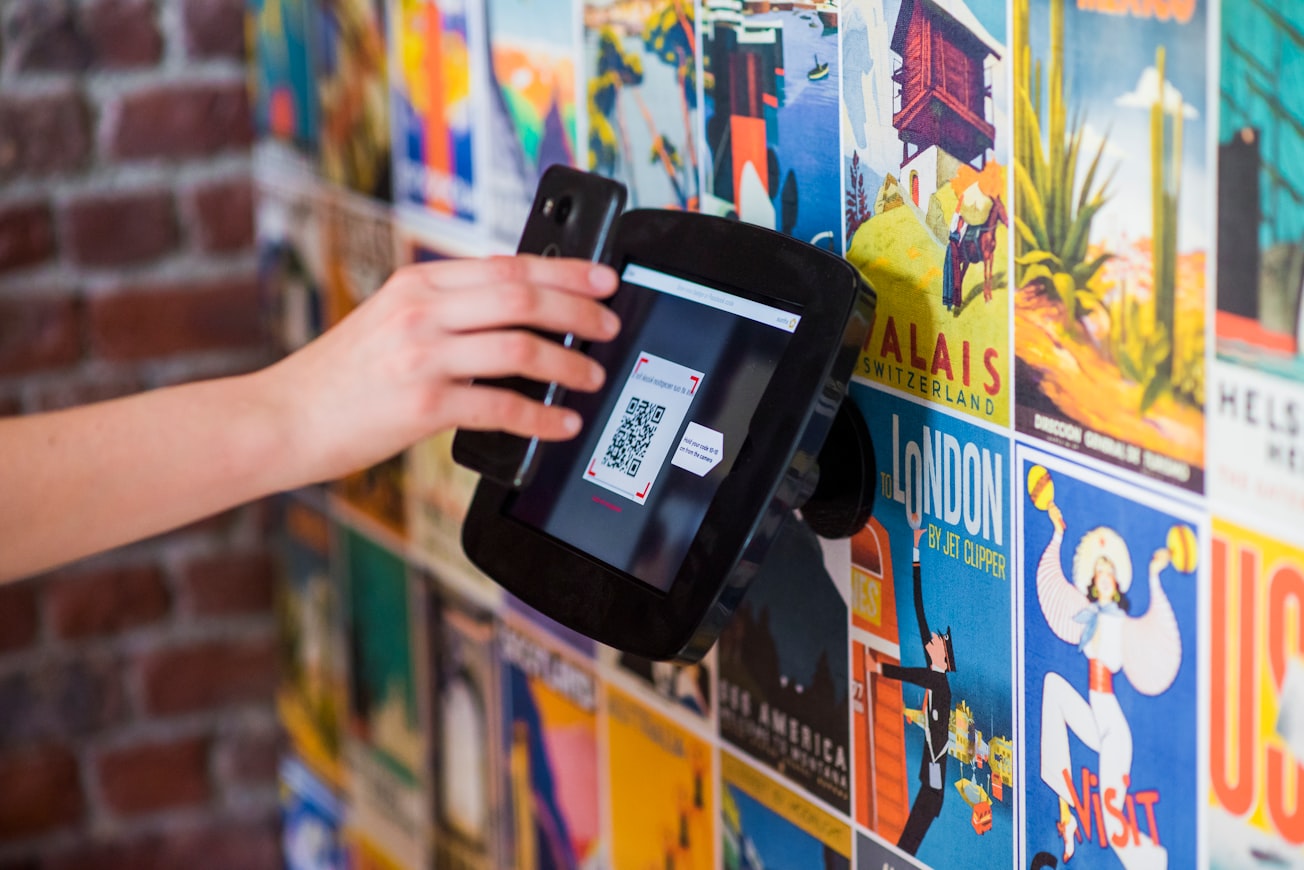What is it about?
This article discusses a project to add a QR (quick response) code to a patient-held immunotherapy alert card. Patient-held alert cards are widely used for patients receiving anti-cancer treatment (UK Oncology Nursing Society (UKONS), 2013), and this established standard of care has been modified to enable rapid access of information. Quick access to toxicity management information ensures timely access to steroids/immunosuppressive treatment for cancer patients experiencing immune-related adverse events.
Featured Image

Photo by Proxyclick Visitor Management System on Unsplash
Why is it important?
■ Immunotherapy treatments can induce serious side effects and therefore access to medical information at the point of need is vital ■ QR (quick response) codes can enable quick links to web pages containing vital information ■ QR codes are a cost-effective method to signpost to vital information ■ QR code readers are free to download for most smartphones
Perspectives
This article describes how a QR code, signposting to side effect management information, has been integrated into a patient held alert card. Given the increasing pressures on our health system, QR codes offer many benefits in rapid access to information, whilst enabling internet traffic to be audited. Interpretation of the requirement of information can enable bespoke training and intervention.
Mrs Joanne E Upton
University of Chester
Read the Original
This page is a summary of: Using QR codes to enable quick access to information in acute cancer care, British Journal of Nursing, May 2017, Mark Allen Group,
DOI: 10.12968/bjon.2017.26.10.s4.
You can read the full text:
Resources
Contributors
The following have contributed to this page










